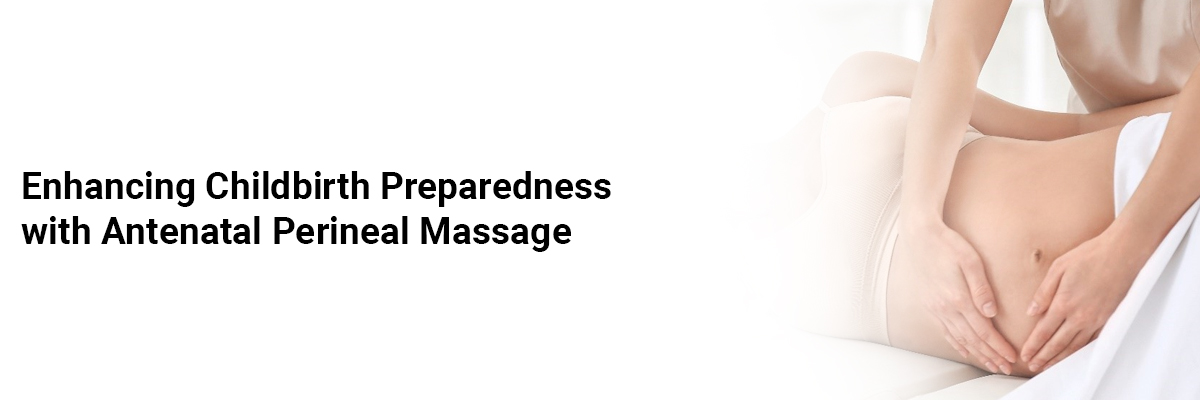
 IJCP Editorial Team
IJCP Editorial Team
Enhancing Childbirth Preparedness with Antenatal Perineal Massage
Natural childbirth is a remarkable and natural
process, but it does come with potential risks, particularly to the perineum,
where tears or episiotomies can occur. Adequate preparation for childbirth is
paramount to minimize these perinatal injuries, ensuring a smoother postpartum
recovery for women.
A recent study conducted by Milka W et al.
investigates the impact of antenatal perineal massage (APM) on perinatal
perineal injuries and the development of postpartum complications, including
pelvic pain, dyspareunia, urinary (UI), gas (GI), and fecal incontinence (FI).
Their comprehensive analysis of 18 studies describes the benefits of APM, typically
administered from 34 weeks of pregnancy until delivery. The findings reveal a
significant reduction in the risk of perineal injuries and postpartum pain
associated with APM.
Nevertheless, the study also highlights the
variability in APM techniques, timing, frequency, patient instruction, and
monitoring across different publications.
In conclusion, APM emerges as a valuable practice for safeguarding the perineum during labor and reducing the risk of postpartum incontinence issues.
Milka W, Paradowska W, Kołomańska-Bogucka D,
Mazur-Bialy AI. Antenatal perineal massage - risk of perineal injuries, pain,
urinary incontinence, and dyspereunia - a systematic review. Journal of
Gynecology Obstetrics and Human Reproduction. 2023;52(8).
https://doi.org/10.1016/j.jogoh.2023.102627

IJCP Editorial Team
Comprising seasoned professionals and experts from the medical field, the IJCP editorial team is dedicated to delivering timely and accurate content and thriving to provide attention-grabbing information for the readers. What sets them apart are their diverse expertise, spanning academia, research, and clinical practice, and their dedication to upholding the highest standards of quality and integrity. With a wealth of experience and a commitment to excellence, the IJCP editorial team strives to provide valuable perspectives, the latest trends, and in-depth analyses across various medical domains, all in a way that keeps you interested and engaged.






















Please login to comment on this article